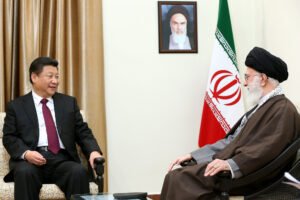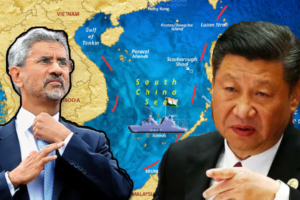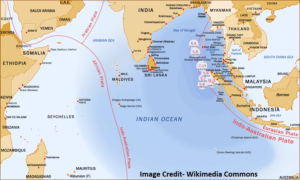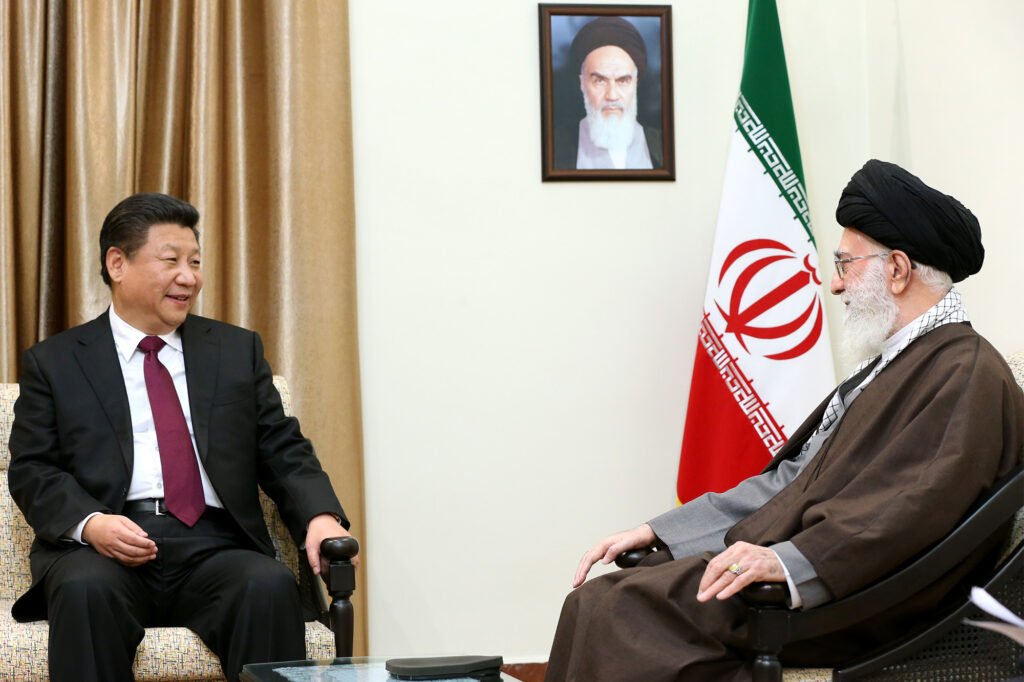China has expressed its support for Iran in defending its “sovereignty, security, and national dignity,” according to a statement by China’s Foreign Ministry. This affirmation of support was conveyed by Chinese Foreign Minister Wang Yi during a phone conversation with Iran’s Acting Foreign Minister, Ali Bagheri Kani, on Sunday.
During the call, Wang Yi reiterated China’s condemnation of the assassination of Hamas leader Ismail Haniyeh, which took place in Tehran on July 31. Wang emphasized that the strike constituted a violation of Iran’s sovereignty and posed a significant threat to regional stability. This statement aligns with Beijing’s longstanding stance on respecting the sovereignty of nations and its opposition to actions that could destabilize regions.
The assassination of Haniyeh has sparked significant tension, with both Iran and the Palestinian Islamist group Hamas accusing Israel of being behind the attack. The incident has further exacerbated concerns that the ongoing conflict between Israel and Hamas in the Gaza Strip could escalate into a broader conflict across the Middle East. Israel, however, has neither confirmed nor denied its involvement in the killing, maintaining its usual policy of ambiguity in such matters.
Iran has responded to the assassination with strong rhetoric, vowing to “harshly punish” Israel for the attack. This threat has heightened fears of further escalation in a region already fraught with conflict. The assassination is seen as a direct challenge to Iran, and its response is being closely watched by the international community, including China.
In his conversation with Bagheri Kani, Wang Yi expressed China’s concern that the killing of Haniyeh had not only violated Iran’s sovereignty but also directly undermined the ongoing negotiations for a ceasefire in Gaza. He pointed out that such actions could destabilize the entire region, making it more difficult to achieve peace. Wang emphasized that China supports Iran’s efforts to protect its sovereignty and security and to maintain regional peace and stability. He also indicated China’s willingness to maintain close communication with Iran on these issues, underscoring the importance of diplomatic engagement in preventing further escalation.
Wang Yi’s statements reflect China’s broader foreign policy approach, which emphasizes non-interference in the internal affairs of other countries and a preference for diplomatic solutions over military interventions. China’s support for Iran in this context is consistent with its long-standing opposition to unilateral actions that could destabilize regions and its advocacy for multilateral negotiations as a means of resolving conflicts.
In a related development, Iranian President Masoud Pezeshkian has nominated Abbas Araqchi as the country’s new Foreign Minister. Araqchi is a seasoned diplomat who previously served as Iran’s chief negotiator in nuclear talks from 2013 to 2021. His nomination is seen as a move to strengthen Iran’s diplomatic efforts at a time of heightened tensions in the region. Araqchi’s experience in negotiations could prove crucial as Iran navigates the complex geopolitical landscape in the wake of Haniyeh’s assassination and the ongoing conflict in Gaza.
China’s support for Iran, as articulated by Wang Yi, signals Beijing’s commitment to maintaining stability in the Middle East and its desire to play a constructive role in regional affairs. By backing Iran’s stance, China is also reinforcing its broader strategic interests in the region, which include ensuring the security of its energy supplies and maintaining good relations with key players in the Middle East.
Read Blogs on china



